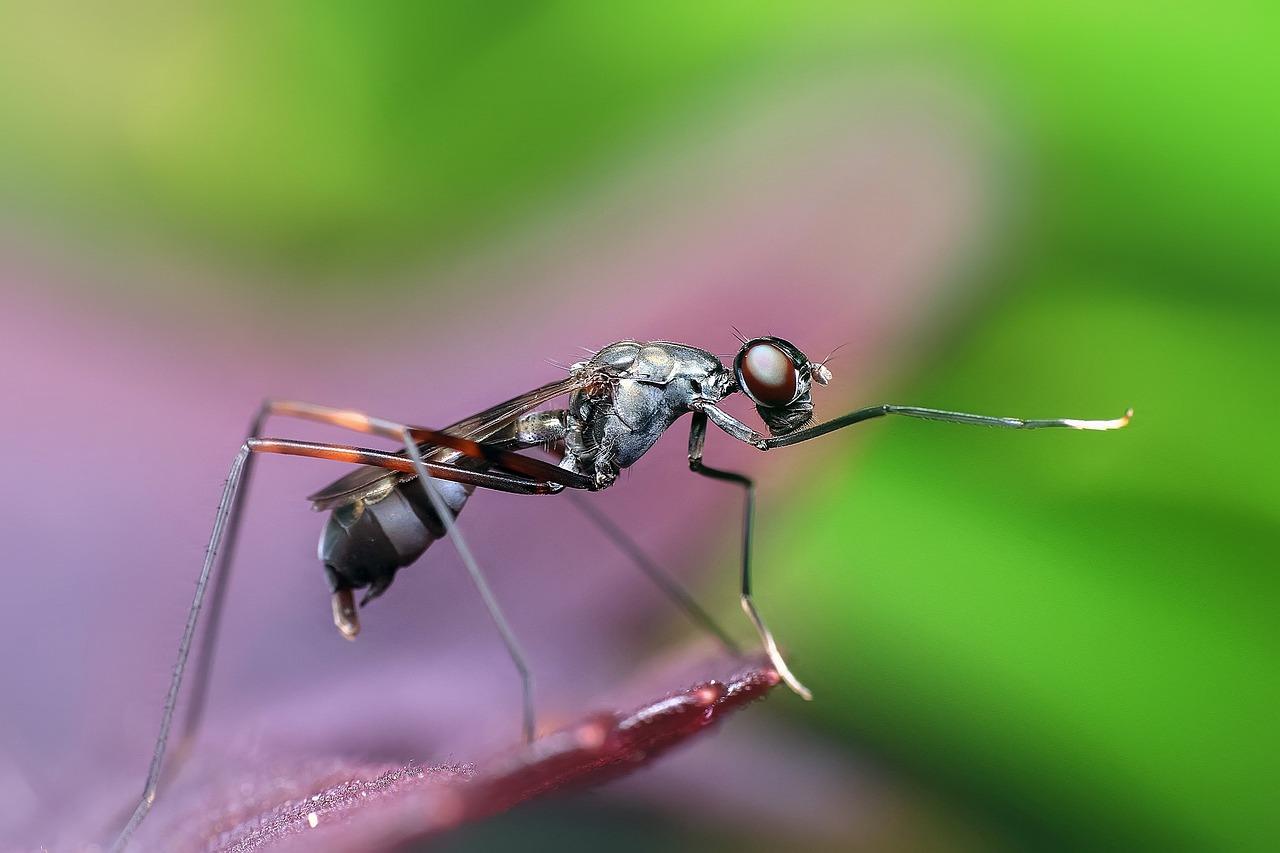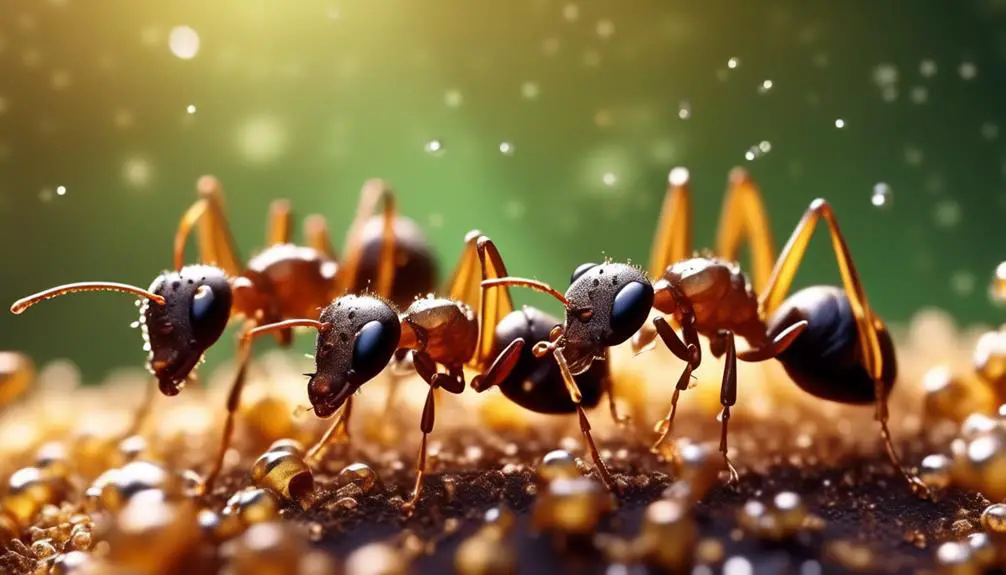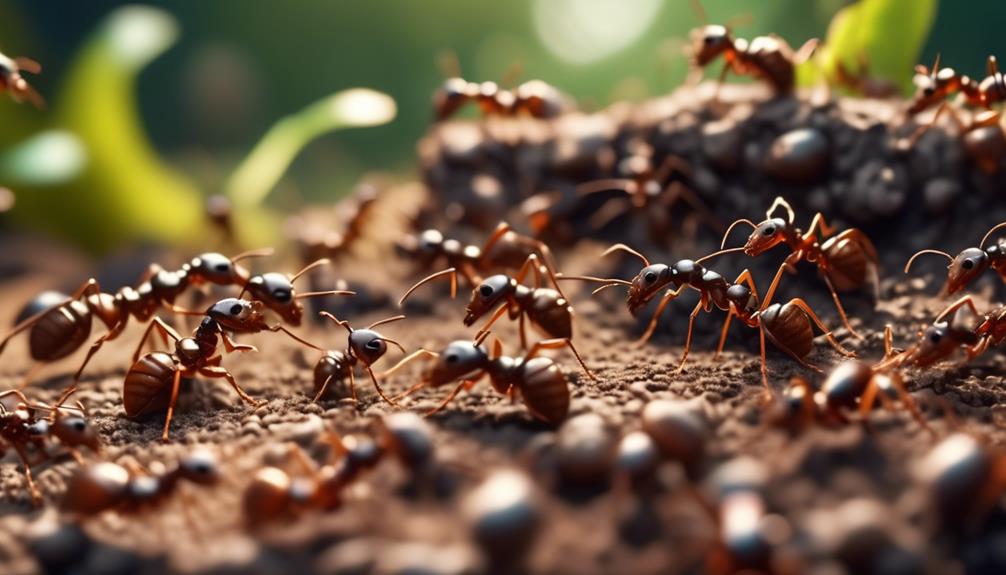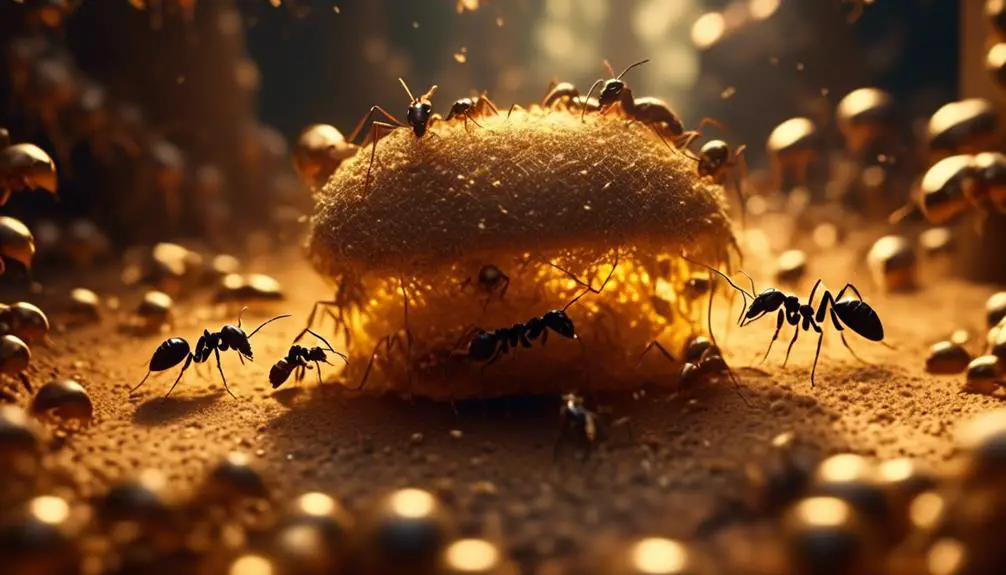
Catch a glimpse into the intricate social hierarchy of ants, where eggs, larvae, and pupae evolve into distinct castes with surprising specialization.

Catch a glimpse into the intricate social hierarchy of ants, where eggs, larvae, and pupae evolve into distinct castes with surprising specialization.

Have you ever stopped to ponder the peculiar question of whether ants pee and poop? It may seem like an odd inquiry, but you’d be surprised by the intriguing secrets that lie within the world of ants’ waste elimination and digestion. From specialized glands to designated frass deposition areas, ants have a fascinating way of disposing of their waste.

Have you ever wondered why, in the intricate world of ants, there is no king to rule their colonies? It’s a puzzling question, one that challenges our understanding of social structures. As you delve into the fascinating realm of ant communities, you’ll come to realize that the absence of a king is not a mere coincidence. It is a result of their unique social structure and biological roles.

Have you ever wondered how queen ants are born? It may surprise you to learn that the process of queen ant development is a complex and intriguing one. From the moment they hatch, queen ants undergo a unique journey that sets them apart from their worker counterparts. While genetics play a crucial role in determining their fate, it is the combination of feeding and nourishment that truly shapes their destiny.
Have you ever wondered if ants have eyes? Are you curious about how many eyes they have and how well they can see? Well, in this article, we’ll explore the fascinating world of ants’ eyes and vision. Ants actually have compound eyes located on the sides of their head, providing them with a wide field of view. They also possess three small eyes called ocelli on their forehead.
Do you ever wonder if ants have brains? Well, science has the answer. In this article, we’ll delve into the intriguing world of ants and their brains. Ants may be tiny, but they do possess brains, albeit much smaller than ours.